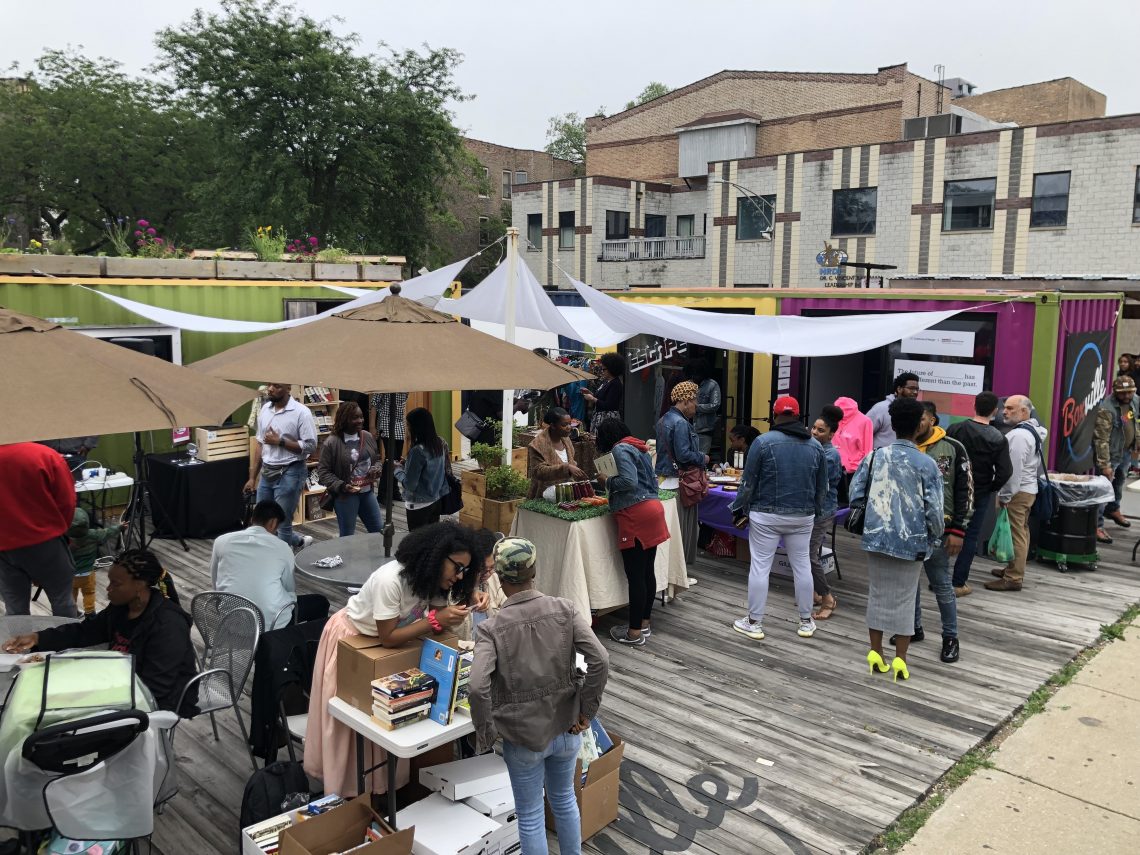Sen. Mattie Hunter Opens Rush-ID Summit
By Andrew Connor
October 6, 2021

On September 28, Illinois State Senator Mattie Hunter (Third District) presented a staggering statistic: there is a 16-year life expectancy gap between residents of downtown Chicago and residents of the city’s West Side.
Hunter’s remarks opened Equitable Primary Care in the Community, a virtual summit presented by Rush University Medical Center and IIT Institute of Design (ID).
ID and Rush seek to create more equitable healthcare delivery for Chicago’s underserved populations, particularly those on the South and West sides. The project is co-led by Kim Erwin—an Associate Research Professor at ID and an experienced healthcare designer—and Rush Assistant Professor Santosh Basapur. Both moderated the summit.
Crucial to the work will be involving community members in the design process through participatory design.
In doing so, the team members behind the project hope to address gaps in understanding between care providers and residents. One important challenge, according to Kim Jay, senior community health worker consultant and trainer at Sinai Urban Health Institute, is addressing the mistrust of the medical system among Black and Brown residents in the South and West sides.
“When we think about why there’s resistance, especially in the Black and Brown communities, we think about some of the historical mistrust,” said Jay. “We think about the things that our parents told some of us…about how people of color were mistreated, how they were disregarded, how their input was not taken into consideration.”
ID Clinical Professor of Community-Driven Design Chris Rudd agreed.
The priorities of the project are threefold:
- To create primary care options that are more accessible and convenient in order to reduce the high utilization rates of emergency room visits for non-acute issues
- To employ local residents as part of a neighborhood pipeline of healthcare workers
- To create standardized metrics that identify health issues on a neighborhood level
“There are some pretty major gaps in our healthcare system, the way it’s designed,” said Angela Moss, assistant dean of faculty practice at Rush’s College of Nursing, another panelist. “The system needs to be disrupted at every step. [Primary care] should be different, it should happen in different places, and providers need to be educated differently.
Erwin emphasized the importance of focusing on a regional strategy.
The graduate schools at ID and Rush University will offer courses, seminars, and events in the coming months for students, clinicians, and executives.
Sign up here and select “Action Lab” to learn more and receive findings.


